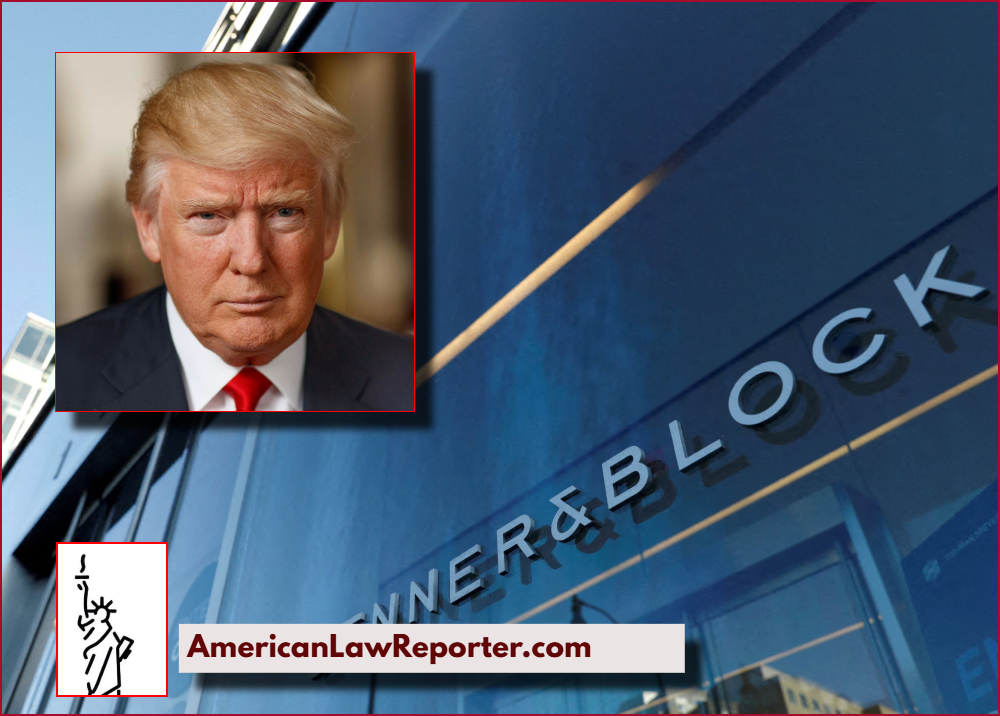A U.S. federal court on Friday, May 23, issued a permanent injunction against an executive order issued by President Donald Trump that targeted the prominent law firm Jenner & Block LLP, ruling that the order violated the First Amendment by engaging in viewpoint discrimination.
Judge John D. Bates of the U.S. District Court for the District of Columbia found that Executive Order 14246 unfairly punished Jenner & Block for the clients it represents and the positions it advocates, particularly in pro bono work. The ruling concluded that the order effectively forced the firm to “change its speech or suffer a serious injury to its livelihood.”
“The Executive Order punishes and seeks to silence speech,” Judge Bates wrote, adding that it was a clear effort to “insulate the Government’s laws from judicial inquiry.”
Issued on March 25, the EO took direct action against the firm, suspending the security clearances of Jenner attorneys, a move that barred them from entering federal buildings, interacting with government employees, and representing federal criminal defendants. It also imposed restrictions that could severely impact Jenner’s business model, requiring federal contractors to disclose ties to Jenner and threatening to cut off contracts with firms that continued to work with them.
Judge Bates pointed out the economic harm caused by the order, particularly as 40% of Jenner’s revenue is tied to government-related work. The judge noted that the order stigmatized the firm with a “government-inscribed scarlet letter,” discouraging potential clients and chilling the legal industry’s commitment to pro bono representation.
The order was part of a broader campaign that singled out law firms based on the clients they choose to represent and the social positions they support.
In particular, Section 1 of the EO criticized Jenner for “partisan representations” and its alleged support for “attacks against women and children based on a refusal to accept the biological reality of sex.”
Judge Bates ruled that such government retaliation based on political speech and legal advocacy runs afoul of core constitutional protections. Legal experts and bar associations had widely condemned the EO as an unprecedented political overreach targeting constitutionally protected activity.
The court’s decision joins other successful legal challenges brought by firms similarly affected by politically motivated executive actions. The ruling has been welcomed by the legal community as a resounding affirmation of the independence of the bar and the central role of free expression in democratic governance.

